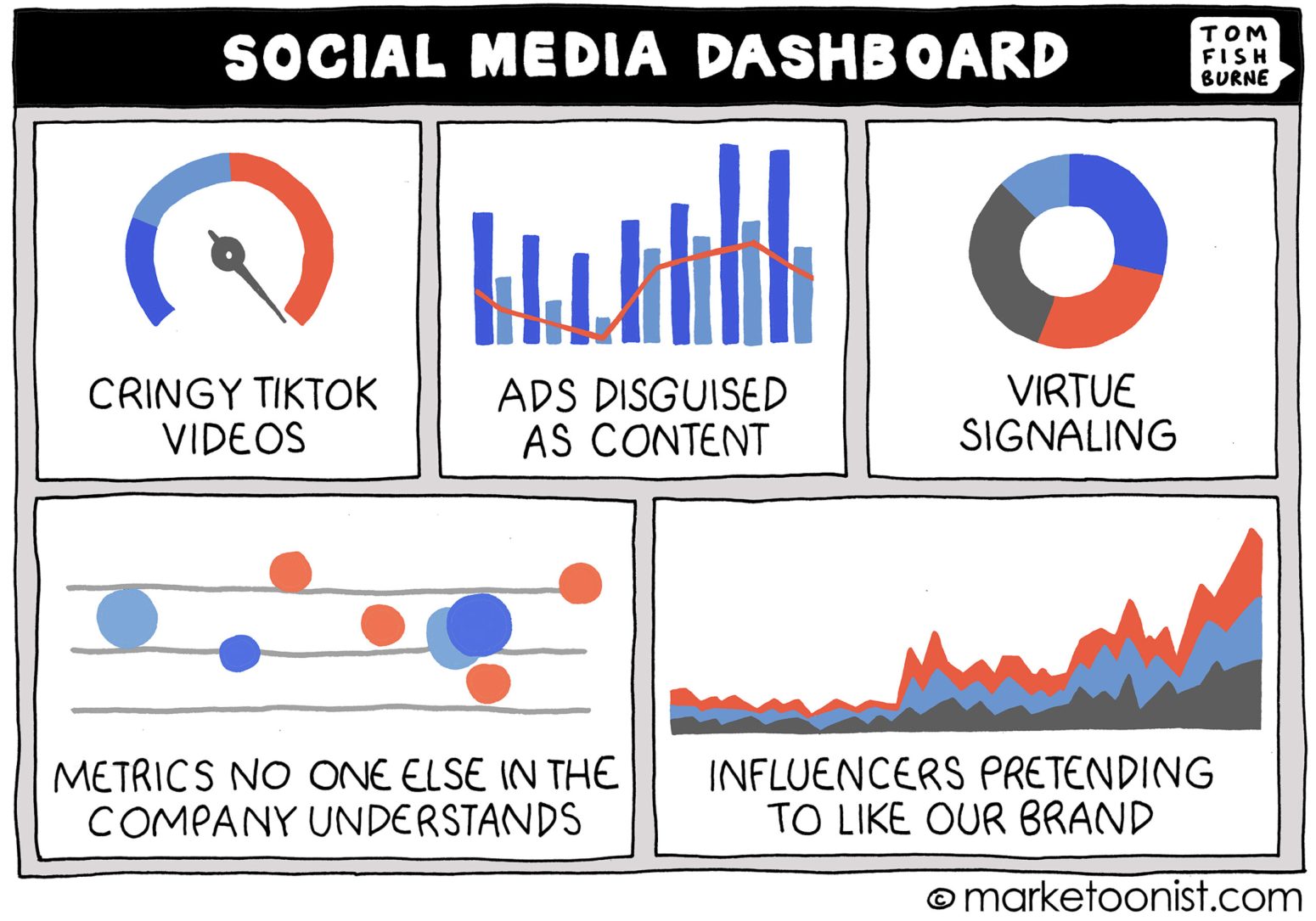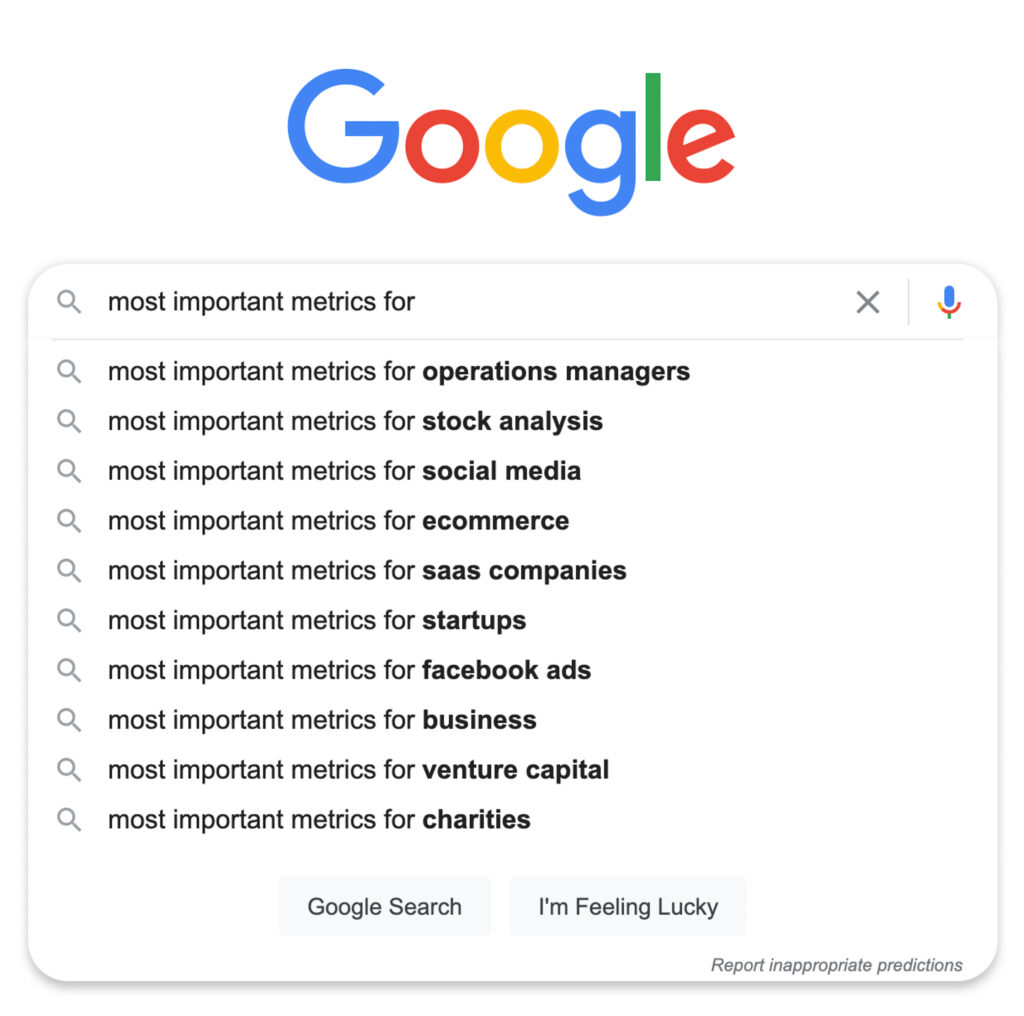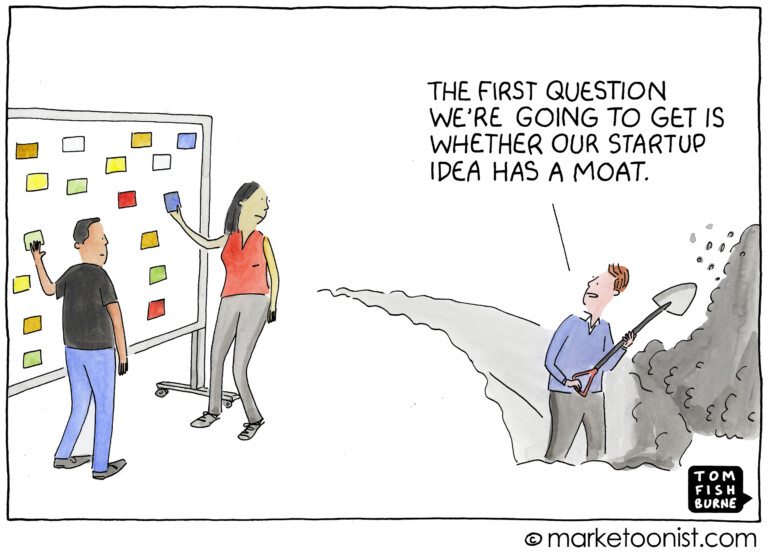When I was running a commercial printing company it was all about the metrics. Dare I say, I may in fact have a Ph.D. in Metricology having spent 15 years in the manufacturing business.
My immersion into the intensely variable and constantly changing manufacturing environment inspired me to become fascinated with metrics, ratios, and business numerology.
I discovered Dr. Edwards Deming, who was a pioneer, thought leader, and master of continual improvement of quality – often called the “father of the third wave of the industrial revolution.”
Of his many teachings and quotes – here are a few that stuck with me:
“Information is not knowledge.” “There is no substitute for knowledge.”
“You can learn a lot about ice and still not understand water.”
“Management by results – like driving a car by looking in the rearview mirror.”
My degree in Metricology had taught me important things – like all metrics are not created equal…
…that most metrics are severely detached from actual business outcomes…
…and that metrics for the sake of metrics is a colossal waste of time and energy…
…and that you can find absolute value in things that can’t be measured.
To settle this, let’s defer to the almighty Google for further insight and clarity on the “most important metrics for…”
Let’s choose “most important metrics for business” and see what comes up…
…363,000,000 results.
And now the real fun starts – just look at all of the metric pundits yelling from the mountaintops proclaiming which ones are most important, that you should track, pay attention to, know, and memorize.
The metric possibilities are endless!
Just look at these juicy headlines…
…” The 7 Most Important Metrics To Measure in Business” …
…”7 Key Metrics Every Business Should Track” …
…”10 Metrics Every Growing Business Must Keep An Eye On” …
…”64 Important Business Metrics Your Company Must Know” …
…and the list goes on and on.
My favorite – “The Most Important Metrics You’re Not Tracking (Yet),” an article from the Harvard Business Review that introduces the concept of adopting, measuring, and optimizing CPIs – Customer Performance Indicators. Give it a read.
Here is a metric for you to consider…
…CR…
…Customer Results.
Consider for a moment what YOUR results would be if your only Key Performance Indicator were your
CUSTOMER’S RESULTS?
After all, OUR makes up 75% of the word YOUR.
Fascinating metric ‘eh?
A rising tide lifts all boats.
Dopamine
Metrics and dopamine are related – this is especially true with social media.
Dopamine is a neurotransmitter made in the human brain that acts kind of like a chemical messenger between neurons.
It’s been called the “feel good” neurotransmitter as it’s released when your brain is expecting a reward.
Metrics such as “likes, clicks, views, followers, shares, links, subs” all feel good – don’t they?
When you get them after a post, don’t you just want more? And more? And more?
Dopamine also plays a role in addiction.
Vanity metrics are addicting.
The marketing buzzards who preach shiny new objects are basically in the marketing dopamine business.
For the uninformed and mislead, the implications are clear and dangerous.
The marketing and advertising world of today is a scary place, mostly because the metrics that matter are the “feel good” and status-seeking ones…
…the ones that are totally disconnected to outcomes…
…the ones that provide no context and impact on the final results.
Our socially connected world has become the ultimate gamification platform.
Vanity metrics to keep you amped up on dopamine so the masses stay motivated and engaged enough to keep playing.
Before you overindulge on metrics, become distracted, and ultimately gamified…ask yourself…
…why are you here…?
…what is your intent…?
…what is your purpose…?
…what outcome do you want…?
…why?
“It is not the answer that enlightens, but the question.” Eugene Ionesco
To your greatness.







